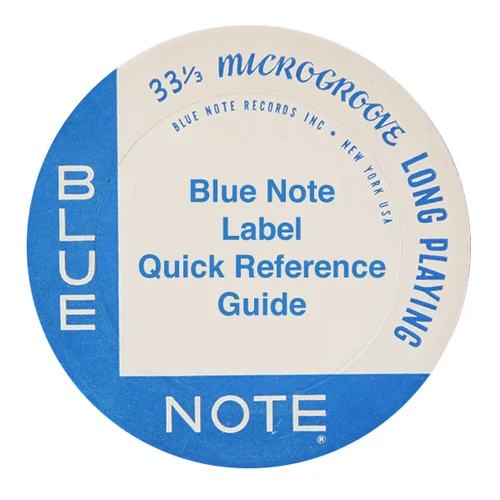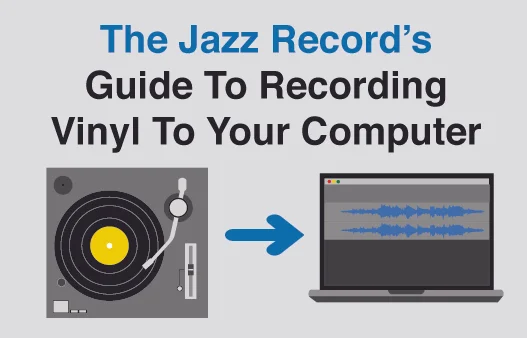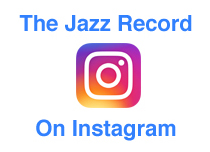Long Player: The Modern Jazz Quartet - "Concorde"
/The Modern Jazz Quartet • Concorde • 1955 • Riverside Records
Recorded July 2, 1955 at Rudy Van Gelder Studios
The Selections:
The Tracks:
A1. Ralph's New Blues
A2. All Of You
A3. I'll Remember April
B1. Gershwin Medley: Soon / For You, For Me, Forevermore / Love Walked In / Our Love Is Here To Stay
B2. Softly As In A Morning Sunrise
B3. Concorde
The Players:
John Lewis - Piano
Milt Jackson - Vibes
Percy Heath - Bass
Connie Kay - Drums
The Record:
THe MJQ Looking Dapper
Concorde is a notable album in the career of The Modern Jazz Quartet for a few reasons. It was the first of many classic albums that The MJQ would release over their long and celebrated career. It marks the debut of Connie Kay on the drums, replacing Kenny Clarke who chose to go off and do his own thing. And finally, it was the MJQ's first full-length LP, allowing them to show off in one place all that they had to offer the jazz world.
The MJQ was always a bit of an anomaly with it's horn-less format, but their focus on the so-called "third stream" movement in jazz - mixing classical and jazz elements together - also separated them from many of their contemporaries. Of course they also included excellent hard bop compositions as well, with Milt Jackson leading the way in this regard, keeping things swinging amidst John Lewis' more "intellectual" pieces. Concorde shows off both aspects of the group perfectly. Compare the album opener, Jackson's "Ralph's New Blues", a blues-based modal number (dedicated to the renowned jazz critic Ralph Gleason) to the title track that closes out the album. As the liner notes state, "Concorde" was written by Lewis as a fugue, a composition that shows off the contrapuntal technique that embodies so much of the MJQ's best work. In it's simplest terms, the contrapuntal technique features two or more independent melody lines occurring at the same time and all the members of this group were masters at seamlessly blending together these improvised melodic structures with each other.
Enough of the technical stuff, Concorde is flat out a fantastic album, one that is immensely listenable in both it's swinging moments and it's more introspective moments (such as the adventurous "Gershwin Medley" that starts off Side 2 of the record). In these early days of the long-player, there was still some justification needed when it came to a jazz group recording a whole set of music in this new format, and in the liner notes Ira Gitler answers that criticism, writing that "the choice of material and its order of appearance approximates a set you might hear if you were listening to the group at one of America's leading jazz rooms." Very true, I'm sure, but as history as shown us, a quite unnecessary disclaimer. The LP soon showed why it was the perfect format for jazz, as classic after classic would soon be released in the following decade, a period that would become known as the "golden age" of modern jazz. As such, we can look at Concorde as both a classic MJQ album and a record that pushed jazz forward. Come to think of it, we can say that about a lot of the MJQ's work. Lofty praise, indeed.
The Vinyl:
The Details: This is an original deep groove pressing on the always stunning yellow and black "fireworks" label. It is identifiable by the New York City address that was used through catalog number 7140, at which point it switched over to the Bergenfield, New Jersey address. For some reason this album was re-issued with an alternate cover for a short time that also featured the same label. Why this decision was made, I have no idea, but I definitely like the first cover better.
The Price: I paid a measly $35 for this gem at a local shop. Considering the VG+ condition of the vinyl and the nearly NM cover, I'd say I got a hell of a bargain. It was definitely one of those moments that made me do a lot of double-checking at the store to make sure that I wasn't buying a re-issue of some sort.
The Sound Quality: I'm sure more than a few loyal readers have at least one of these early Prestige LPs in their collection and are familiar with the brilliant and vibrant sound that these heavy vinyl pressings hold within their grooves (it doesn't hurt that Rudy Van Gelder is at the board engineering many Prestige sessions, including this one). If you can grab an early original Prestige title without breaking the bank, it's a no-brainer.
Notes: There are some jazz records that I pick up that I'm only familiar with in passing, but that soon become instant favorites and get continued play from the day that I bring them home. Concorde certainly fell into that category, and as with the best vinyl finds, I'm lucky to have found an LP that is not only of an excellent vintage provenance, but one that is an amazing example of early modern jazz music as well.












